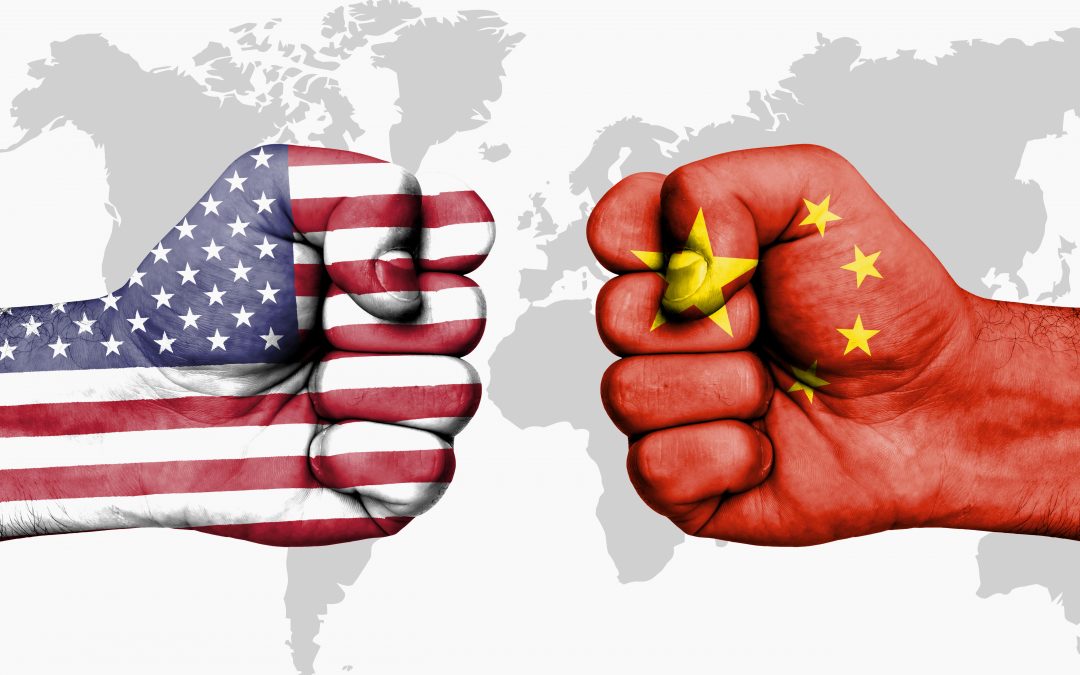Image: Shutterstock
Blog Editor’s Notes: This article hits so many of the strategic concerns around US over-reliance on GPS. And it is from a source in Japan, a country probably even more worried about China than the U.S., if that is possible.
The article sub-head says everything: “American military’s reliance on Earth orbit creates Achilles’ heel.”
Yet a recent GAO report says DOD is not looking seriously at GPS alternatives and is still planning to have GPS as the centerpiece of its navigation strategy going forward.
And further on in the article: “Losing satellite function would leave the American military like a giant whose central nervous system has been damaged.”
It also points out that, with satellites out of the picture, a conflict, such as a dispute in the straits of Taiwan, could come down to more conventional forces. Let’s see… who has more troops, sailors, and equipment, and who can get them there the quickest…?
Follow the READ MORE link at the bottom of the post to see the whole article.

China’s space ambitions target satellites, a US vulnerability
American military’s reliance on Earth orbit creates Achilles’ heel
TOKYO — When China landed a probe on Mars this month, President Xi Jinping hailed the success of the mission as well as the status of Beijing’s burgeoning space program.
“The landing left a Chinese mark on Mars for the first time,” he said, per Xinhua News Agency. “It is another landmark progress in China’s space industry development.”
The Tianwen-1 mission resulted in China becoming only the second country to land a rover on Mars successfully, after the U.S. In 2019, China accomplished the first successful landing of a probe on the far side of the moon. Beijing last month launched a central unit of its space station, with plans to complete the base in 2022.
Beyond the scientific or military interests, China’s push into space is fueled fundamentally by Beijing’s ambition to become a superpower and catch up with the U.S.
“It requires absurdly huge costs and comes with risk to send humans into space,” said Kazuto Suzuki, a University of Tokyo professor and expert on security in space. “If the aim is purely militaristic, it would only require launching sophisticated satellites. But they build a space station, go to the moon, and probe Mars because they want to demonstrate China’s technological advancements to its people and the international community.”


